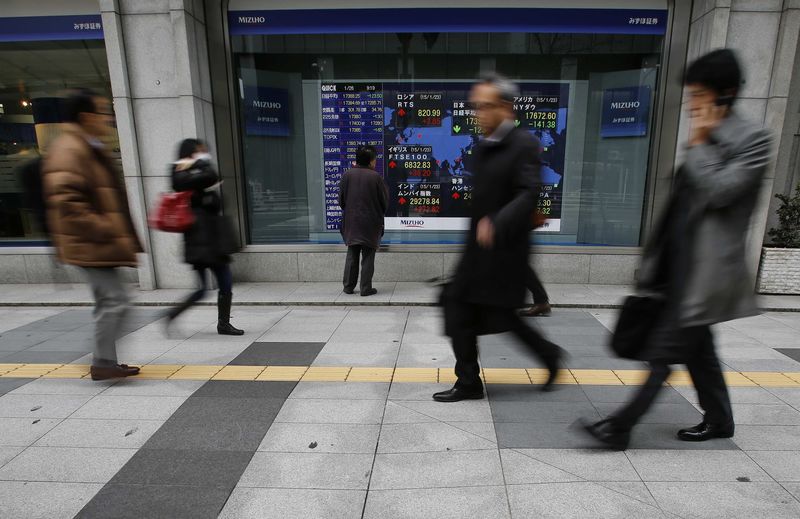Can anything shut down the Gold rally?
Investing.com -- Moody's Ratings has confirmed the B1 long-term (LT) bank deposit and issuer ratings of Ho Chi Minh City Development JSC Bank (HDBank) in both local (LC) and foreign (FC) currencies today. The ratings agency also affirmed the bank's B1 LT FC and LC Counterparty Risk Ratings (CRR), as well as its b2 Baseline Credit Assessment (BCA) and adjusted BCA.
In addition to these affirmations, Moody's has shifted the bank's rating outlook from negative to stable for its LT bank deposit and issuer ratings. The change in outlook is driven by the expectation of stable profitability from HDBank, providing a buffer against asset risks from its aggressive loan growth and the import tariffs imposed by the US.
The ratings also take into account the bank's high dependence on market funds and its modest liquidity buffers. The affirmation further reflects Moody's expectation that the acquisition of a weak bank will not affect HDBank's credit profile.
HDBank's B1 deposit ratings are a notch above its b2 BCA, indicating a moderate probability of support from the Government of Vietnam in times of need.
Earlier this year in January, HDBank purchased Dong A Bank, now renamed Vikki Bank, to assist the central bank's efforts to rehabilitate a weak bank. Despite the acquisition, Vikki Bank will remain an independent legal entity, and HDBank will not inject capital into it or consolidate its financials. HDBank will only provide management and technical support to help Vikki Bank improve its financial position.
As of December 2024, HDBank's nonperforming loan (NPL) ratio remained stable at 1.9%, up slightly from 1.8% a year earlier. This stability was largely due to strong loan growth, which increased by 29% in 2024, significantly higher than the average of 18% for rated peers.
However, the bank's asset quality will likely be under pressure due to strong loan growth posing unseasoned risk. Large import tariffs imposed by the US could also impact the country's near-term growth prospects, leading to financial stress for export-oriented industries and potentially affecting the banking sector's asset quality.
HDBank's strong profitability, with return on tangible assets (ROTA) averaging 1.8% from 2021 to 2024, supports its credit profile. ROTA increased to 1.9% for the year ended 31 December 2024, higher than the average of 1.5% for rated peers, aided by an improvement in net interest margin (NIM) from the bank's increased focus on small and medium enterprises and retail segments.
As of 31 December 2024, the bank's tangible common equity to risk-weighted assets (TCE/RWA) ratio declined to 7.9% from 8.6% a year earlier due to accelerated asset growth and cash dividend payout. The bank's capital consumption will outpace its internal capital generation over the next 12-18 months as its loan growth will likely exceed the banking system average.
Factors that could lead to an upgrade or downgrade of the ratings include improvements in HDBank's standalone credit strength or BCA, reductions in its loan growth appetite, improvements in its TCE/RWA ratio to higher than 10%, and reductions in its reliance on market funds while maintaining high-quality liquid assets as a percentage of tangible banking assets above 10% on a sustained basis.
Conversely, a downgrade could occur if its NPL ratio increases above 3%, leading to higher credit costs and a decrease in return on tangible assets below 0.8%, or if TCE/RWA declines below 6.3%. A weakening in HDBank's funding and liquidity will also strain the BCA and ratings. A downgrade could also occur if government support for the bank weakens.
This article was generated with the support of AI and reviewed by an editor. For more information see our T&C.
